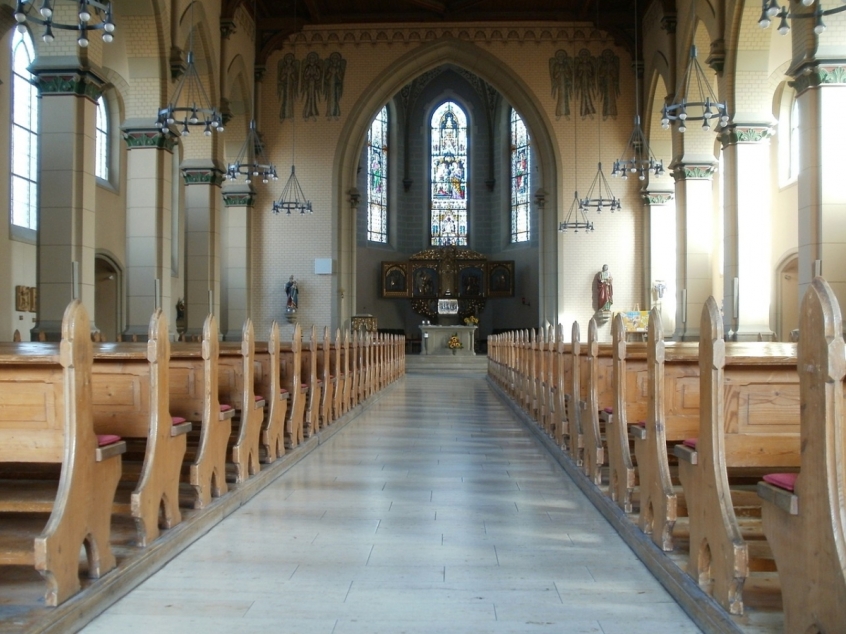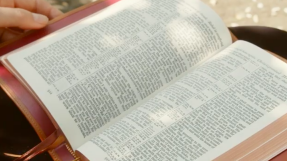
There was much speculation that Pope Francis would directly address the question of Communion for divorced and remarried Catholic couples in his apostolic exhortation today, but the reference to it was limited and open to interpretation.
He said: "Because of forms of conditioning and mitigating factors, it is possible that in an objective situation of sin – which may not be subjectively culpable, or fully such – a person can be living in God's grace, can love and can also grow in the life of grace and charity, while receiving the Church's help to this end...In certain cases, this can include the help of the sacraments,"
For many Catholics, the Pope's statement will raise more questions that it answers. And for non-Catholics, the release of the Amoris Laetitia ("The Joy of Love") and the significance of the whole Communion question is likely to leave them feeling puzzled too.
Why can't divorced and remarried Catholics receive Communion? The Catholic Church doesn't recognise divorce based on biblical teaching that the matrimonial union between a man and a woman is not to be broken. Because divorce isn't recognised, divorced and remarried Catholics cannot receive Communion because they are considered to be taking part in an adulterous relationship, a mortal sin.
What if they get an annulment, isn't that just a Catholic version of divorce? An annulment isn't the Catholic version of a divorce. If a marriage doesn't meet any of the sacramental conditions, these include both parties having been baptised and each entering the marriage of their own free will, then the marriage is not deemed to have taken place as it didn't meet the requirements which characterise it as such. If a Catholic has their marriage annulled they are permitted to receive Communion.
Under what other circumstances are people prohibited from taking Communion? The Eucharist (the body and blood of Christ in the form of bread and wine) is a sacrament, a visible expression of internal grace. Because of this it's also not meant to be received by those who are engaging in grave sin and haven't confessed and repented, and those who are not members of the Church.













